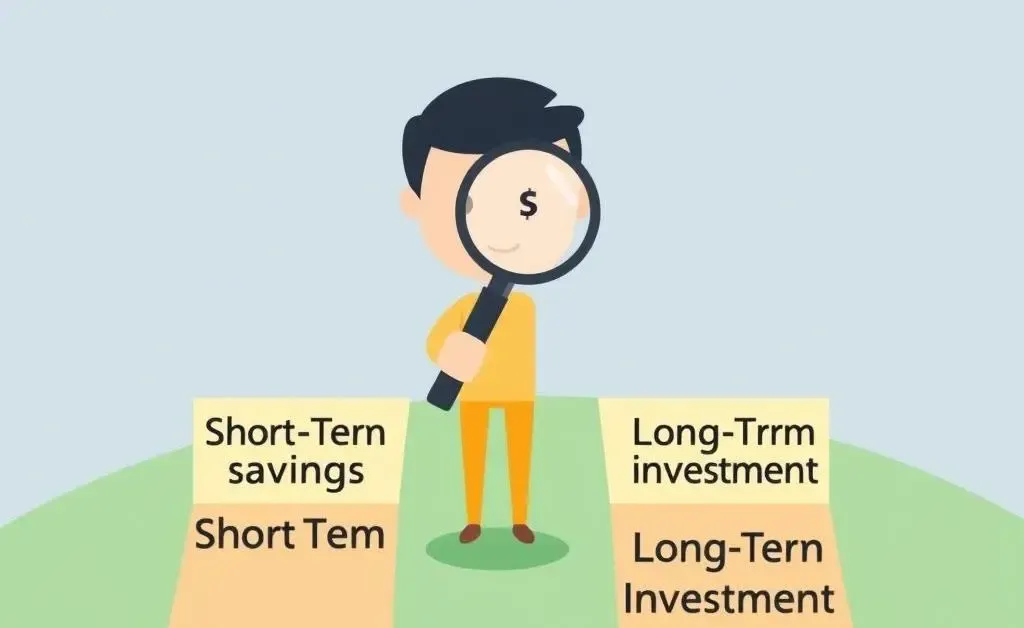Unlocking the Power of HSAs: Short-Term Savings or Long-Term Investment?
Discover how to maximize your Health Savings Account for today and tomorrow.

Hey there! You know how we often get caught in the whirlwind of saving money for unexpected healthcare costs and dreaming of long-term financial growth? Well, there’s a nifty tool that might just be the best of both worlds: the Health Savings Account, or HSA.
What Exactly is an HSA?
An HSA is like that versatile Swiss Army knife in your finance toolkit. It’s a savings account specially designed for healthcare expenses, but with a twist — it comes loaded with tax benefits!

Why Consider Short-Term Savings?
If you’re like me, sometimes unexpected medical expenses can feel like pesky pop-up ads. One day you’re fine, and the next you’re hit with a surprise bill. Using your HSA for short-term savings can offer peace of mind since it’s readily available for qualified medical expenses — tax-free of course!
- Immediate liquidity for emergencies
- Tax-free withdrawals for medical needs
- Reduces immediate taxable income
Going the Long Distance: Long-Term Investment
Now, if you’re more the “eyes on the prize” type, where you see your financial growth over years, treating your HSA as an investment vehicle might be the way to go. Many HSAs offer investment options that allow your money to grow tax-free over time.

This can be a powerful way to add a little boost to your retirement funds. Here’s why:
- Tax-free growth while money stays in the account
- Potential to build an additional nest egg for future healthcare (or retirement!)
- Flexibility in use after retirement age
Strategizing Your HSA: Tips and Tricks
So, how do we make the most of our HSAs? It’s simple — play the long game, but keep your feet on the short-term ground.

- Contribute the maximum amount allowed to maximize tax benefits.
- Use only what you need for immediate medical expenses; let the rest grow.
- Explore potential investment options your HSA provider offers.
- Document medical expenses for potential reimbursement post-retirement.
There you have it! Whether you’re focusing on being financially ready for medical




